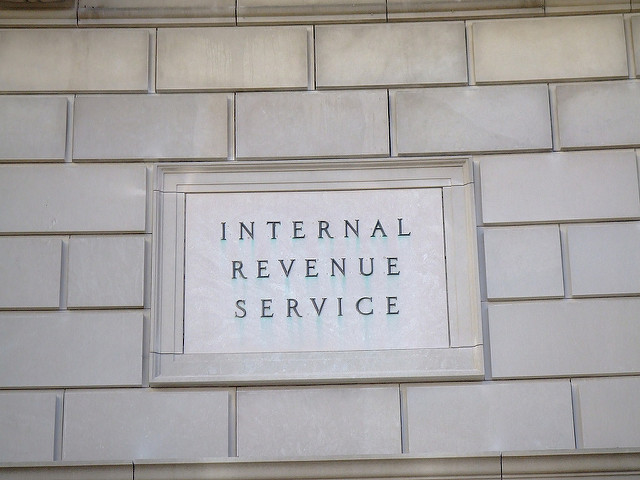
Staffing and funding for the IRS division that oversees tax exempt organizations has fallen dramatically in the last six years or so.
According to a behind-the-paywall article at the Washington Post, the budget for the Exempt Organization division has dropped from $102M to $82M between 2011 and FY 2017. That is a $20M decline, or 19.6%.
For the same years, staffing has declined from 889 to 642, according to the article. That is a decline of 247 positions, or 27.8%.
Article says the attention on the division and the reduction in staffing has resulted in a reduced level of enforcement effort. Read the article for more details.
I don’t do politics on my blogs and I’m not starting now. Federal oversight of the charity sector is within the scope of this blog.
What is behind this drop in funding? I will try to be very neutral as I try to briefly explain.
It is my perception there is a general consensus that the IRS gave focused, adverse attention to organizations applying for exempt status who had specific political opinions. It is also my perception there is a general consensus that the IRS was not completely open in dealing with the situation. In a reaction to that special attention and less-than-full cooperation, the Congress has reduced funding for the IRS. That drop in funding has resulted in the specific reductions in the Exempt Organization division.
You may reinterpret my brief description any way you wish.
If you watch the not-for-profit sector closely, you may have perceived a lower level of enforcement effort from the IRS. Depending on your perspective, you may see that as either for good or for ill. Regardless of your frame of reference in terms of how you interpret this situation, the drop in staffing (and the drop in the will for enforcement, as interpreted by the article) explains why there may be less IRS attention.